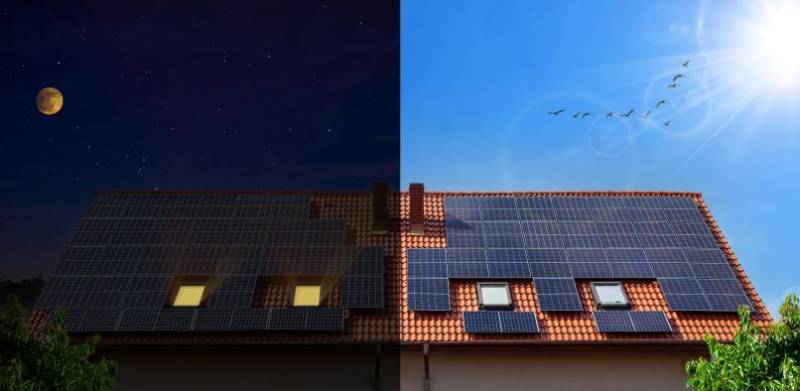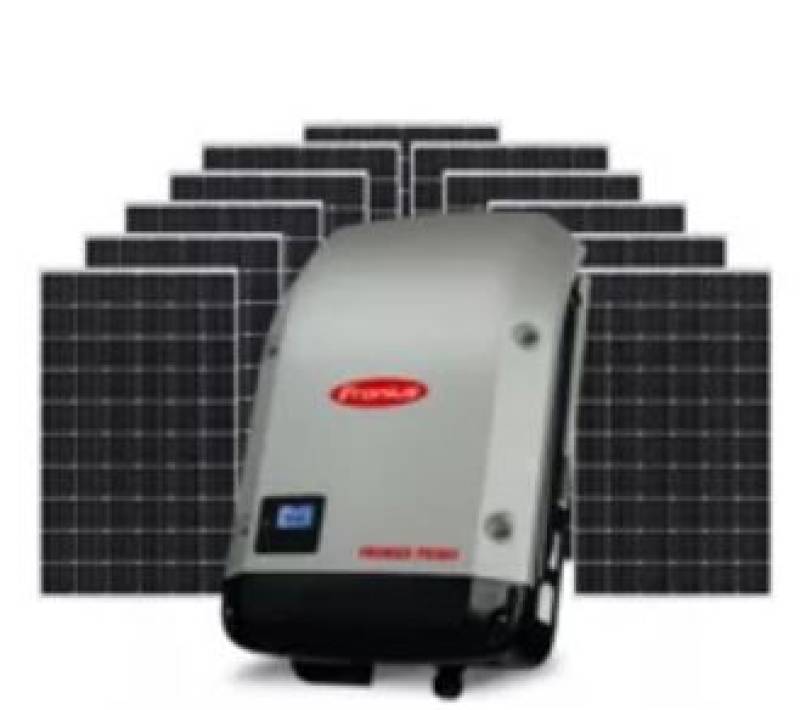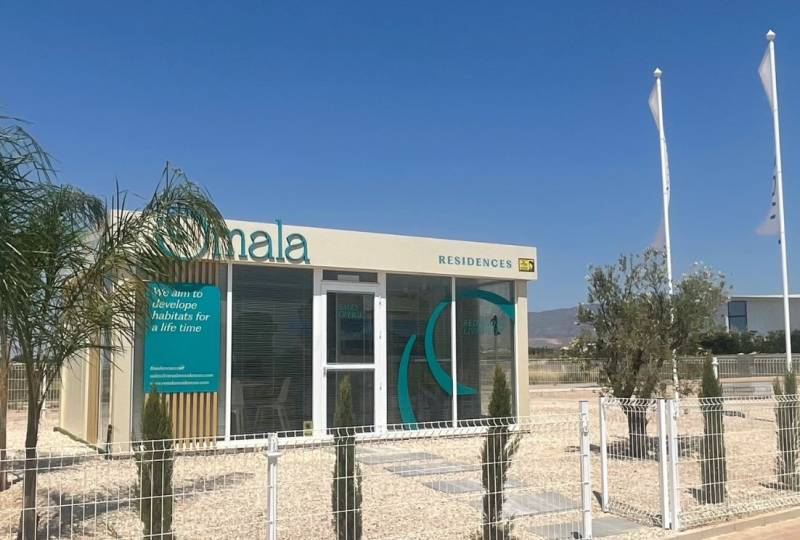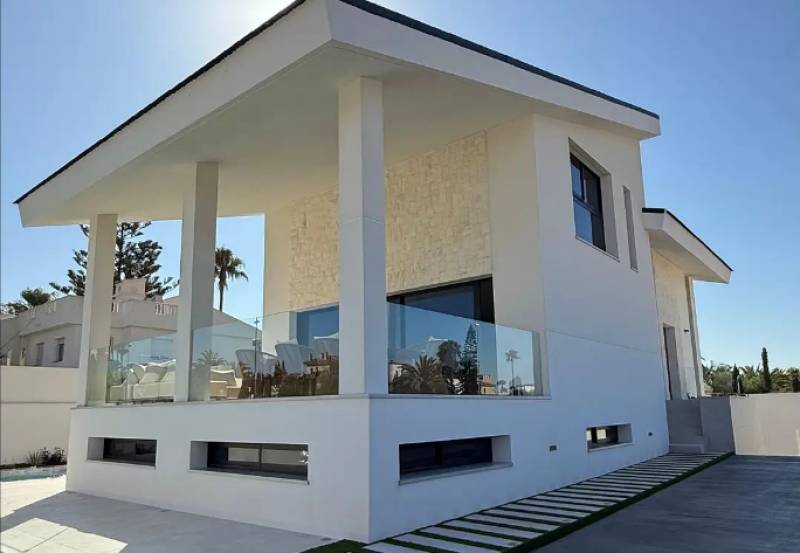
To be listed on the CAMPOSOL TODAY MAP please call +34 968 018 268.

Guidelines for submitting articles to Condado Today
Hello, and thank you for choosing CondadoToday.com to publicise your organisation’s info or event.
Condado Today is a website set up by Murcia Today specifically for residents of the urbanisation in Southwest Murcia, providing news and information on what’s happening in the local area, which is the largest English-speaking expat area in the Region of Murcia.
When submitting text to be included on Condado Today, please abide by the following guidelines so we can upload your article as swiftly as possible:
Send an email to editor@condadotoday.com or contact@murciatoday.com
Attach the information in a Word Document or Google Doc
Include all relevant points, including:
Who is the organisation running the event?
Where is it happening?
When?
How much does it cost?
Is it necessary to book beforehand, or can people just show up on the day?
…but try not to exceed 300 words
Also attach a photo to illustrate your article, no more than 100kb

Why many solar panels stopped working during Spain's blackout
The nationwide power cut revealed an uncomfortable trut, that most solar panel systems cannot function without the grid

Solar panels and the grid: Why they depend on each other
What about homes with batteries?
The limitations of self-consumption
 Off-grid systems, on the other hand, are fully isolated from the grid. They typically include solar panels, charge controllers, inverters and batteries, and in some cases, backup diesel generators. These systems can keep homes running during blackouts, but they are typically more expensive and require careful planning to ensure they can meet household energy needs.
Off-grid systems, on the other hand, are fully isolated from the grid. They typically include solar panels, charge controllers, inverters and batteries, and in some cases, backup diesel generators. These systems can keep homes running during blackouts, but they are typically more expensive and require careful planning to ensure they can meet household energy needs.Mobile: +34 671 716 597
 Almeria’s Nº 1 family run solar installation company is now covering Camposol, Mazarrón and many other parts of the Region of Murcia, including La Manga Club, La Torre Golf Resort, Las Terrazas de la Torre, Los Alcázares and the Mar Menor Golf Resort, as well as the province of Alicante!
Almeria’s Nº 1 family run solar installation company is now covering Camposol, Mazarrón and many other parts of the Region of Murcia, including La Manga Club, La Torre Golf Resort, Las Terrazas de la Torre, Los Alcázares and the Mar Menor Golf Resort, as well as the province of Alicante! Customer service is paramount for Ecocorp Solar – in a recent* customer satisfaction survey, 100% of their customers said that they would recommend them to others.
Customer service is paramount for Ecocorp Solar – in a recent* customer satisfaction survey, 100% of their customers said that they would recommend them to others.Opening/Contact Hours
- Monday – Friday: 9am to 6pm
































